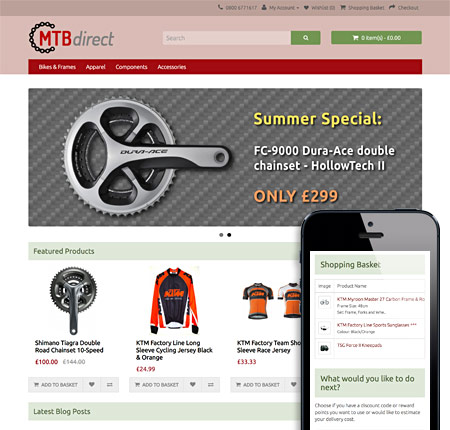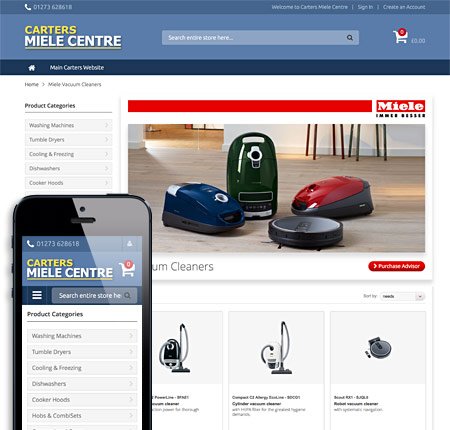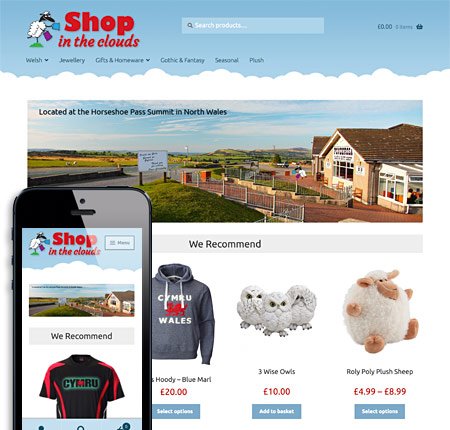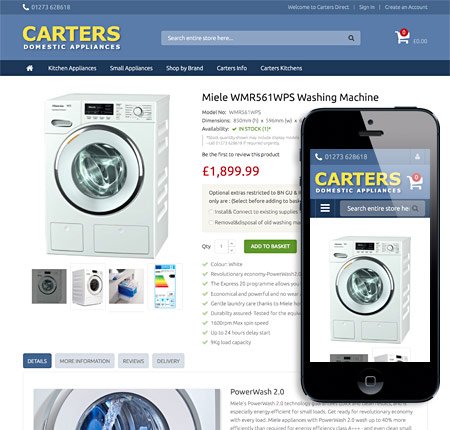
- Responsive online shops designed to sell products
- Three options for different levels of operation
- Magento 2 for enterprise-level ecommerce
- WooCommerce for medium-sized stores
- Site System module for the basics
The three options
explained
Sinclair Design has been a central partner to our business since 2001. They provide an excellent website solution that not only reaches customers outside of our traditional geographical trading area, but doubles as a useful sales tool for the staff in our various branches. We have found Sinclair Design to be professional and innovative, and have no hesitation in fully endorsing their services and expertise.
— Robert Carter



